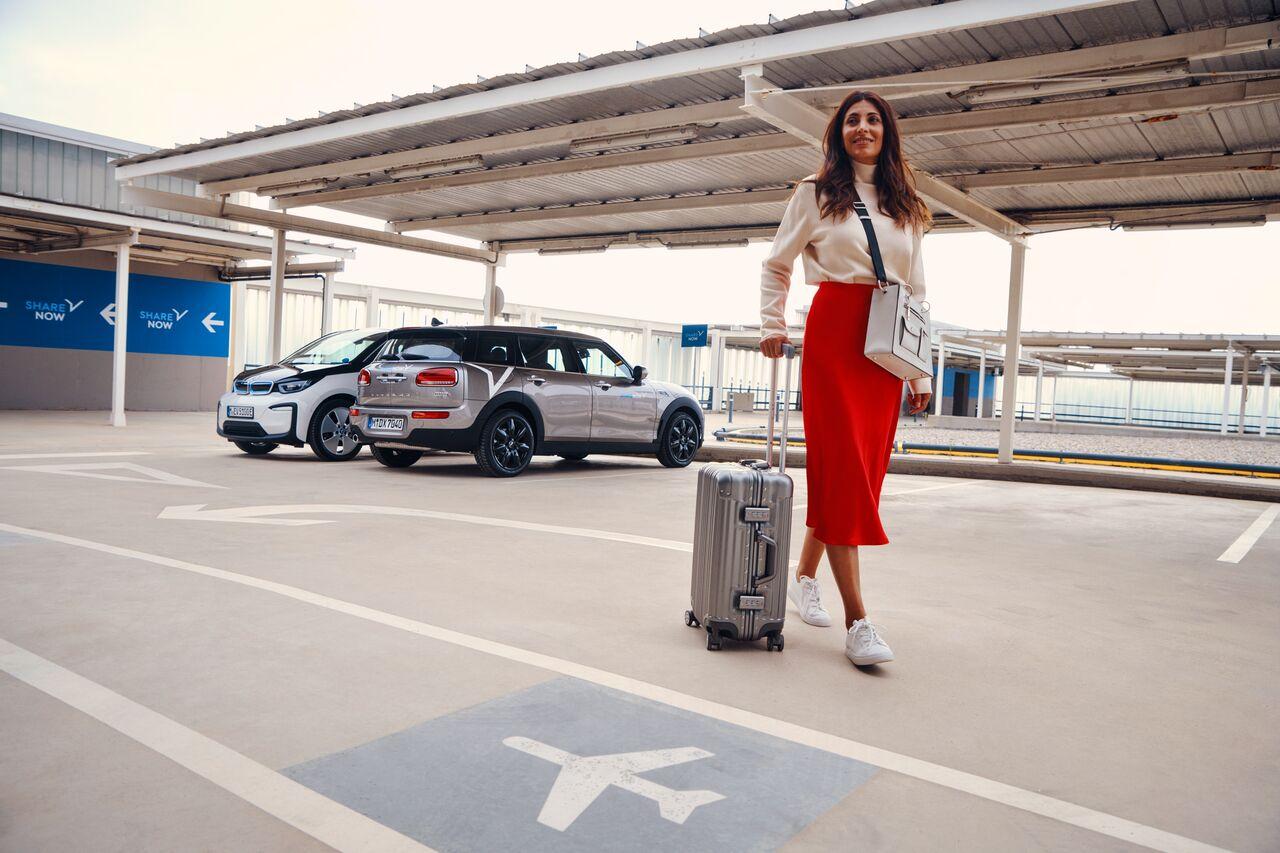The communication agency MARCO hosted its fourth thematic webinar on COVID-19 and communication trends. This time, the webinar, titled Technology and AI adapted to communication and brand experience, brought together speakers from SHARE NOW, Washrocks, Teamviewer, Kaiserwetter, SUSE, and serial entrepreneur Jorge Mata. The session discussed the impact of the pandemic on the consumer’s relationship with technology services. These include the challenges and structural changes posed by teleworking, together with the new post-pandemic mobility. Foremost among the conclusions reached was the future role of public administrations in enabling private companies to continue innovating in the technology sector.
COVID-19 and the change in consumers’ habits
The direct consequence of a situation as unprecedented as the present pandemic has meant a disruption in all areas of consumption. According to data from a MARCO multi-market study, 37% of Spaniards expect alternative actions from brands in times of crisis.
In this sense, Jorge Mata, serial entrepreneur, highlighted that “there will be a change in the patterns of use of any service that is age-related. This crisis is going to bring us great opportunities for business development and, in the field of communication and marketing, we are going to see changes in consumer habits.”
In the words of Hanno Schoklitsch, CEO and Founder of Kaiserwetter, an open debate is how we are going to use digital resources together with public investment to face new challenges: “Politicians must support positive communication around the possibilities of artificial intelligence, its different uses and impacts on society so that people regard new technologies as a solution for the future and not something to fear.”
In line with these changes in habits, the MARCO study also reveals that 60% of Spaniards will avoid public transport after confinement. However, for David Bartolomé, Managing Director of SHARE NOW in Spain, “Public transport is an asset to be defended, the mobility of cities must be based on public transport, and services such as carsharing must be a compliment.” Bartolomé also does not rule out that in the future we will see more changes in this area, “as technologies such as the autonomous vehicle come into play (thanks to artificial intelligence), they can bring new scenarios to urban mobility.”
Teleworking: the key to a new normal
Without a doubt, one of the most obvious changes brought about by COVID-19 has been the democratisation of teleworking and, in many cases, its implementation at a fast pace. In fact, according to the MARCO study, 68% of Spaniards would like to work remotely more often after confinement.
Alberto Fernández, Channel Business Development Manager Iberia of TeamViewer, insists that “the important thing is that there has been a change in habits in the ways of working. We must play a role in educating consumers about how to telework, and ensure they understand that working from home does not equate to working 7 days a week.”
Sergio Ambrogio, CEO at Washrocks, remarked that “the current way of teleworking is not real. It is very possible that in the future we will see a combination of face-to-face work and teleworking, because it is technologically possible and allows a reduction in costs, but we will not leave 100% of the face-to-face work behind. There is a lot of communication that is lost when everyone works from home.”
The importance of data analysis
Another key theme of the meeting was the balance between privacy and the use of personal data, particularly in regard to tracking applications to predict the outbreak of a pandemic.
On this note, Gustavo Varela, Sales Engineer of SUSE, says “we have more and more technology and we are more connected than ever, but this implies that we must take care of our privacy. We must take care of our freedom so that there is no abuse of technology. It is also necessary to give context to the data, not to analyse it independently.”
In this regard, Jorge Mata also pointed out that countries that do not invest in AI could become isolated cooperatives: “this already happened with the arrival of the Internet, when the countries that invested advanced very fast and those that did not were left behind. Today the same thing could happen but multiplied by 10.”
In conclusion, all participants in the debate on Technology and AI agreed that communication is a key component to retaining consumer confidence. They also stressed the importance of education about these new consumer habits. As far as mobility is concerned, public transport continues to be a fundamental platform to support urban mobility, complemented by alternatives such as carsharing to avoid the use of private vehicles. The changes brought about by teleworking can be very positive, as long as they are accompanied by changes in habits and customs that make it possible to balance work and family life. And finally, all attendees emphasised that the involvement of public institutions is essential to enhance the role of technology in society, and to promote technological innovation among private institutions.




Comments